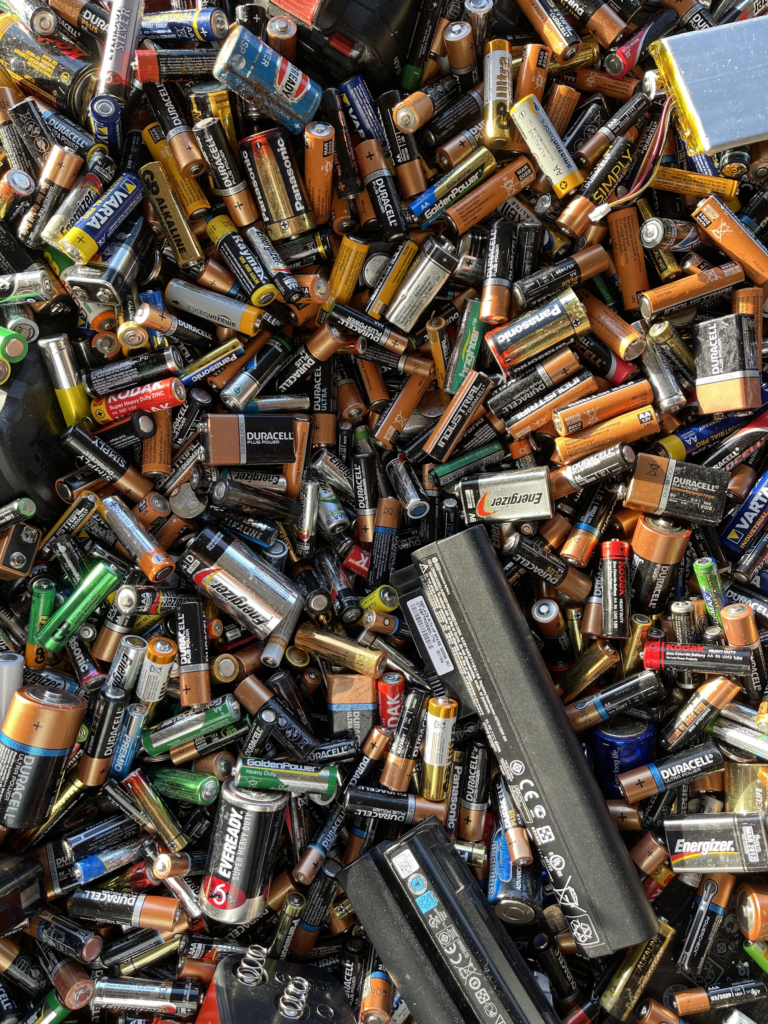
In modern times, electronics design engineers prefer to use lithium-ion (Li-ion) batteries for the gadgets they create. This type of battery is compatible with a wide range of electronics, including electric vehicles, smartphones, solar energy storage units, and other consumer electrical appliances. Traditionally, Nickel-cadmium or lead-acid batteries were the widely used options, but Li-ion batteries have gained widespread popularity because of their durability, energy density, and performance.
It was important for engineers and researchers to develop a better type of battery because the world is now digital. To learn about more engineering breakthroughs, click here to view a trusted news source for electronics design engineers.
Most people own at least one battery-powered device and its battery has to be able to hold enough charge to keep the device on for a significant period. Companies that refuse to switch their devices to Li-ion batteries will likely lose customers because their devices will not be able to compete.

Properties of Li-ion Batteries
The following are the properties of Li-ion batteries that make them so popular:
- Compact and lightweight
Lithium is the lightest metal, and using it in batteries makes it lightweight, which is essential for portable devices and electric cars where weight affects performance.
- High energy density
A Li-ion battery can store a larger amount of energy per unit volume or weight than other types of batteries. This means Li-ion batteries hold more charge than any other battery of the same size.
- Fast charging ability
Li-ion batteries can be fast-charged, which significantly reduces the amount of time devices spend discharged. This property is critical for devices that need to replenish their power quickly like electric cars.
- Lengthy lifecycle
Li-ion batteries can withstand thousands of charge cycles. This durability makes them suitable for long-term use. This property makes it ideal for devices that people use frequently but do not want to replace quickly.
- High efficiency
Li-ion batteries have high efficiency which means little energy is lost as heat while they are charging or discharging. This means they can sufficiently power the electronic components of the devices they are designed to cater to.
Disadvantages of Using Lithium-Ion Batteries
Although this type of battery can serve many purposes and is widely accepted as the gold standard, using it on a large scale has the following disadvantages:
Negative environmental impact
If not recycled properly when they have outlived their usefulness, Li-ion batteries can hurt the environment because they release toxic waste.
Scarce raw materials
Lithium, which is a main component of Li-ion batteries, is relatively scarce, and electronic companies may have a tough time finding a sufficient supply of them for their operations. This can lead to supply chain issues and ethical concerns when Lithium is being mined.
Risk of thermal runaway
Li-ion batteries can sometimes overheat, which can lead to a dangerous occurrence called thermal runaway. Electrical engineers have to install a battery management system into the devices they create to monitor battery temperature and prevent this occurrence.
Endnote
Lithium-ion batteries are the best batteries that are currently in large-scale use. They retain power well and are durable, making them suitable for most electrical devices. Researchers and electrical engineers are currently working on solid-state batteries which they hope will eliminate the disadvantages of Li-ion batteries, but until then, it is the preferred option.




